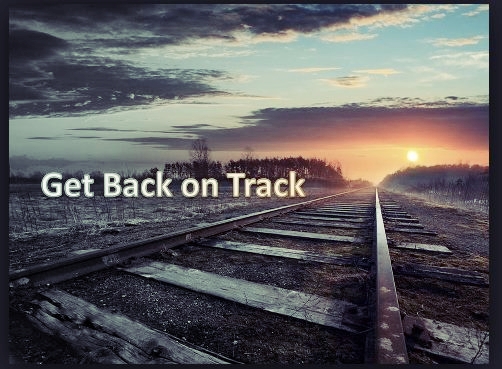Yearly Retrospect: How to Maintain Focus of Your Life
Focusing on Life
by Calvin Harris H. W., M.
As we are in the third quarter of 2018, and before the holidays fast forward us to the end of the year, Now may be the time to consider planning and directions for 2019. Let’s take a moment to look over events and activities to see what this past year in retrospect, has indicated to us about being on course with our strategic plans and goals.
For many, it was not a year with a lot of forward movement. Experiences and activities throughout the year seemed tempered with a “watch and see undercurrent”, as if to say be patient. For others, whose ideas, creativity, political and business plans, all seemed ready to launch, yet, somehow fail to launch fully, or the trajectories where off.
Decisions to Reflect
Looking closer at this dilemma, of the pass year’s progression, it could be an indication to slowdown and to re-align habits for normalization. Sometimes life moves at such supersonic speeds, we get so busy, that we stop thinking, become automatons in our thought s and actions. An entire year can go by without us taking a moment to think deeply about whether we are following the right course, or if we should turn off to a new direction. This slowdown could be the move needed to rethink, research, and re-calibrate who we are, where we are going, and what we want to achieve and the Habits we have in place to do it.
A book out right now that you may want to read is called Better Than Before: Mastering the Habits of Our Everyday Lives by Gretchen Rubin. Ms. Rubin indicates to us that Habits are the invisible architecture of our lives, and she provides an analytical and scientific framework from which to understand these habits--as well as change them for good
Personal and professional life compete for priority, meaning clarity of objectives and focus will be needed in finding a balance going forward. If we are looking to make a change, then slowdown, reflect on what we identify as important to achieve. Build habits aligned with what can produce that goal. The results can come later as we perfect our presentation. As a result, what we manifest, call our outcomes, cannot be imagined, because they happen by paying attention to habits aligned with core values and then out of the blue, there is achievement.
Habits moving you forward
Blogger James Clear reminds us “Motivation is fickle. Willpower comes and goes. Mental toughness isn’t about getting an incredible dose of inspiration or courage. It’s about building the daily habits that allow you to stick to a schedule and overcome challenges and distractions over and over and over again.”












































